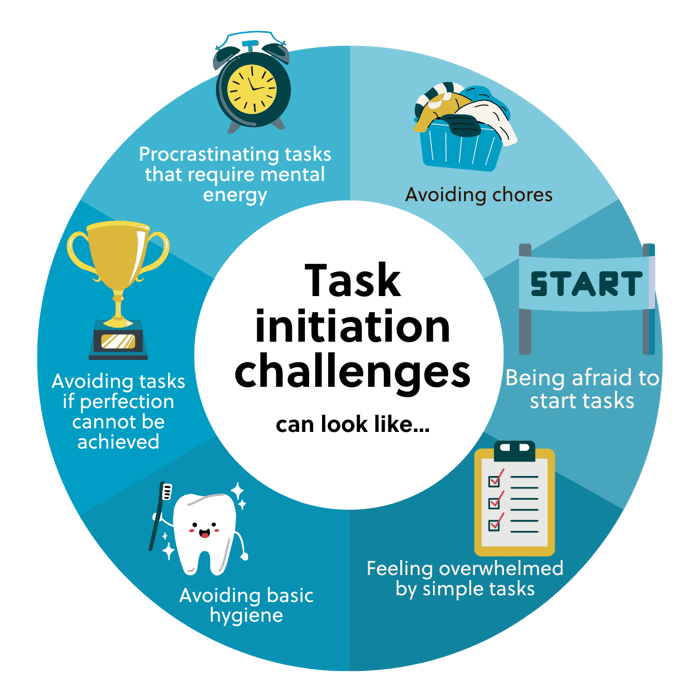So, your student struggles with task initiation

Task initiation is the most common challenge we see in students
Procrastination stems from a deficit in task initiation. Luckily, we know firsthand that task initiation can be learned, taught, and applied. Learn how Executive Function support can help your student more become proactive and disciplined in the classroom and beyond.

Task initiation is the ability to start a task. It includes overcoming procrastination and getting started on tasks, especially when you don’t want to do them because it might be boring or difficult.
Our Executive Function coaches don't look at challenges with task initiation as a sign of laziness, but rather as a coping mechanism to avoid uncomfortable tasks and transitions. Coaches work to get to the root of this avoidance by connecting with our clients through reflective conversations. They then custom-pick coach-tested tools and strategies that help with task initiation for clients to experiment with between sessions.
What is task initiation?
Task initiation strategies
Learn tried and true task initiation strategies that will help your student take control of their week.
Cognitive Pairing is a clever approach to enhance focus and make work or study time more enjoyable. The aim of this technique is to pair a task that requires focus and attention with something pleasant or rewarding. By creating a positive association, this method can boost motivation and increase task engagement. So what does this look like in practice?
First and foremost, start by identifying a task that demands a high degree of focus. Then, choose something enjoyable to pair with this task. This could be as simple as savoring a favorite cup of coffee while working, listening to a soothing instrumental playlist, or promising yourself a small reward after completing the task. The enjoyable element should be non-distracting and ideally help create a positive or relaxed atmosphere conducive to focus. By linking the task with a pleasant activity or reward, the brain begins to associate the focus-required task with positive feelings, making it easier to get started and remain engaged.
 5-Minute Goals
5-Minute Goals
Continuing the theme of "5" strategies, 5-minute goals are a great way to take an overwhelming task and break it down into more manageable, bite-sized chunks. So how does this work?
To use 5-minute goals, select a task you need to get done, set the timer for 5-minutes, and get started! You can even try this strategy for tasks that might take more than 5 minutes as a simple way to get started. Once the timer is up, you can decide if you want to keep working on the task or take it break. After all, 5-minutes on a task is better than none at all!
.png) Softening the Blow
Softening the Blow
Let's face it - transitioning from something fun, engaging, or relaxing to a dreaded task like homework or chores is an experience nobody enjoys. However, "Softening the blow" is one way to ease into these types of tasks or responsibilities.
Choose something to do that's a little bit less enjoyable than what you were doing before, but slightly more engaging than the task you don't want to start. This is going to be your "soften the blow" activity and it should serve as a transitional buffer that doesn't take more than 5 or 10 minutes and can make starting your task more manageable. This transition activity could be something as simple as enjoying a healthy snack, making a brief phone call to a friend, taking a short walk outside, or doing a quick mindfulness exercise. By providing this buffer, the brain gets an opportunity to adjust and prepare for the upcoming task, reducing the likelihood of procrastination or refusal.
How coaching helps with task initiation:
Focus
Coaches teach clients strategies that help them minimize or eliminate distractions and reduce multitasking while they work. We encourage frequent breaks, chunking assignments or tasks into manageable pieces, and finding the right combination of environmental factors to encourage optimal focus.
Prioritization
Prioritization is the process of deciding the relative importance or urgency needed when faced with multiple tasks. We teach prioritization by helping you set realistic goals and prioritize tasks based on importance and urgency.
Distractibility
Our coaches teach clients strategies to minimize distractions, such as creating a designated workspace and using noise-canceling headphones. Coaches also encourage clients to take regular breaks and engage in physical activity to maintain focus.
Productivity
Our coaches help promote productivity by helping clients develop strategies to maintain motivation, such as visualizing the result or creating a reward system, encouraging clients to track progress and celebrate small wins along the way, and teaching clients to develop resilience and learn from setbacks or challenges.
Organization
Coaches work to better understand their clients' organizational habits and get to the root of their barriers to implementing systems to get organized. They then utilize this understanding to create a game plan that may involve small organizational commitments week to week.
What to expect fromExecutive Functioncoaching:
In 1:1 sessions online, coaches help students identify, employ, and evaluate tools and strategies that address their specific needs. Our coaches customize their approach to each individual depending upon their attitude toward changing work habits. We use a research-based model to attain clients’ buy-in to improve their self-management skills and lead to lasting change.
-1.png?width=1080&height=1080&name=new%20website%20image%20templates%20(4)-1.png)
Frequently Asked Questions
Our Executive Function coaching programs for students start at $165 per week. We know that when it comes to effective 1:1 support, one size doesn’t fit all. For this reason, we have three unique coaching programs that offer their own set of session times, features, and core goals. You can visit our pricing page to learn more about each offering.
Since 2006, we have coached hundreds of adults in addition to the thousands of students we have worked with. In 2020, we created a new division, WorkSmart Coaching, especially for adults who are seeking Executive Function support. Visit WorkSmart Coaching and learn more about how we help adults become more effective.
The coaching process is transformative and takes time. Students in coaching are learning entirely different ways of viewing themselves and discovering their own motivation, often for the first time. Beyond skill-building, we’re helping individuals to take responsibility for their life’s direction. For work at this level, coaching can take many months, depending on one’s readiness for change and the scope of their needs. Progress is dependent on several variables such as how motivated the individual is, how self-aware they are, how narrow or broad the goals are, and how long the challenges have been present. A highly motivated but disorganized person may need just a short time to learn, practice, and internalize a new plan for managing their daily life. By contrast, a person who is easily frustrated struggles with attention, and doesn’t know how to get work done on time might need more time to learn the specific skills they will need and to apply them independently. Our goal is to help clients achieve confidence, competence, and independence as quickly as possible. Our reputation is built on that premise.
Online coaching provides greater flexibility for scheduling and more options in finding the right coach for your student from our 350+ coaches on staff. Clients can also work with their coach in the safety and convenience of their own home or office. Lastly (and most importantly), we coach online because we've found through our research that it works in improving Executive Function skills.
Explore our solutions for students, adults and schools
for students
of all ages
Experts in executive function coaching for students

for adults
in all walks of life
A Beyond BookSmart Coaching Company for Adults

for schools
of all types
A Beyond BookSmart Mentoring Company for School Clasrooms
